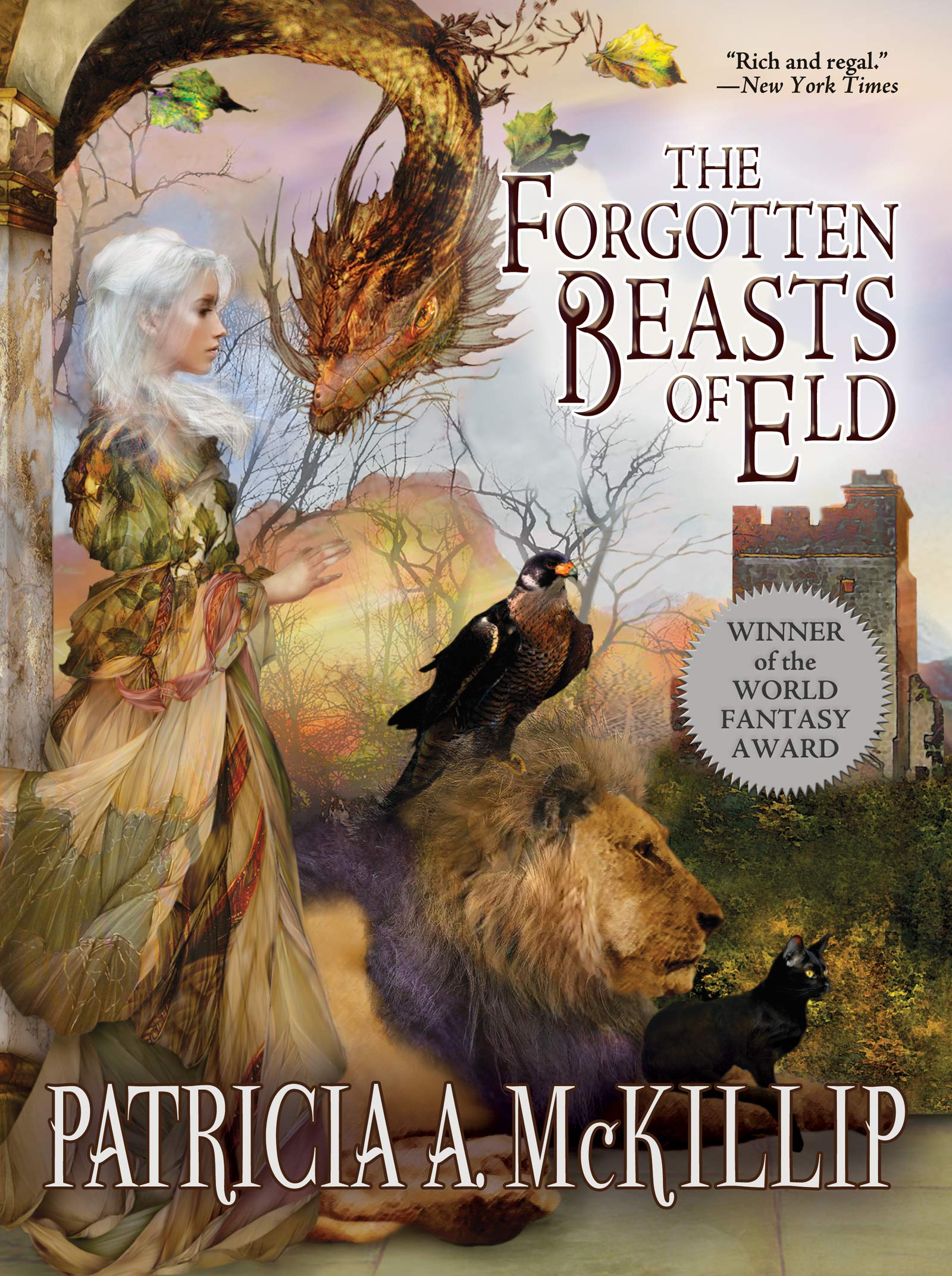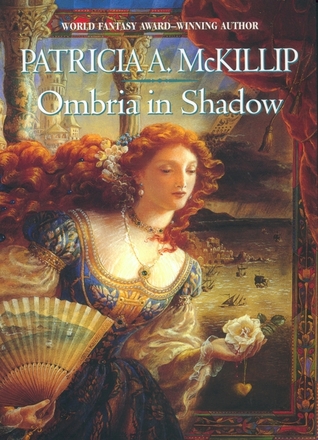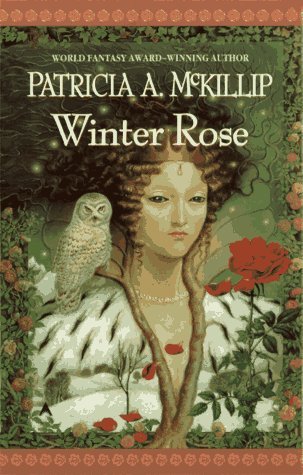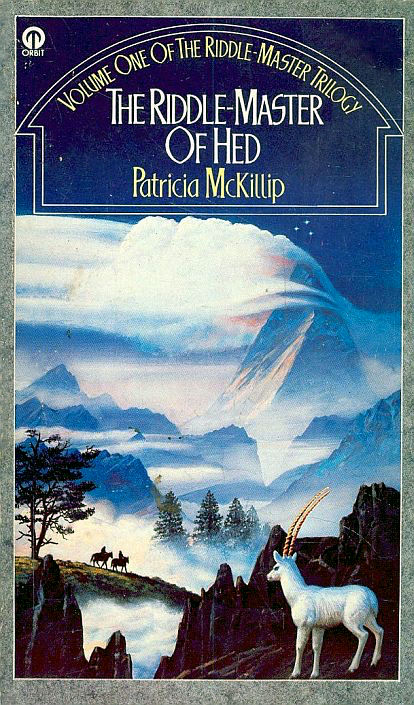Patricia A. McKillip (1948-2022)
“Sybel, there must be a silence deeper than the silence of Eld between those stars; shall we go listen to it?”
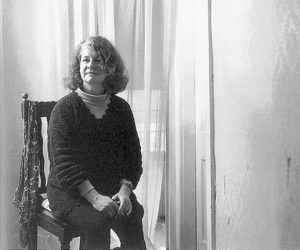 This is a difficult one to write. Patricia A. McKillip is one of the writers who shaped my understanding of Fantasy as a genre, a writer whose novels epitomise what I love about Fantasy. I was devastated to hear of her passing. Contemporary fantasy has lost one of its brightest stars and a voice that has helped define the genre for almost 50 years.
This is a difficult one to write. Patricia A. McKillip is one of the writers who shaped my understanding of Fantasy as a genre, a writer whose novels epitomise what I love about Fantasy. I was devastated to hear of her passing. Contemporary fantasy has lost one of its brightest stars and a voice that has helped define the genre for almost 50 years.
The first one of McKillip’s books I read was her World Fantasy Award-winning classic The Forgotten Beasts of Eld (1974), her first novel which was published when she was only 26 years old. It is a remarkable book, and one that beautifully showcases everything that made her such a wonderful writer. Her writing is gorgeous. She writes with a rare lyricism, the care with which she chooses words for their sound and rhythm as much as their meaning almost makes her novels prose poetry. Her work is imbued with the mythic – a friend of mine on reading The Forgotten Beasts of Eld likened it to discovering a fairy tale or myth that you somehow never knew about. This beautifully captures how effortlessly McKillip is able to deploy a truly mythic register. Her stories feel eternal, like they have somehow always existed inside of us. Allied to that is a knack for deft characterisation. McKillip’s stories tend to be quiet, with not a lot of action. It’s all about the depth of the psychological journey of the characters. These are stories of dream-like beauty, but recognisable because we recognise and respond to the human impulses of the people who move through them.
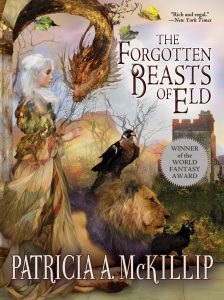 McKillip’s next major work was the iconic Riddle-Master trilogy, comprising The Riddle-Master of Hed (1976), Heir of Sea and Fire (1977) and Harpist in the Wind (1979). The final volume of the trilogy won the Locus Award, and was nominated for both the Hugo and the World Fantasy Award. The story of Prince Morgon of Hed and his beloved Raederle of An, and their journey to discover the meaning behind the sinister shape-changers and the star birthmarks on Morgon’s face, is one of Fantasy’s greatest achievements. It combines the epic scope of Lord of the Rings with the warmth and philosophical depth of Ursula Le Guin’s Earthsea books, and anticipates the complex symbolism of Gene Wolfe’s Book of the New Sun, whilst remaining very much its own thing. The story focuses on riddles, the games we play with language and how that shapes the world around us, one of McKillip’s favourite themes. To this day it remains one of her most read and best loved works.
McKillip’s next major work was the iconic Riddle-Master trilogy, comprising The Riddle-Master of Hed (1976), Heir of Sea and Fire (1977) and Harpist in the Wind (1979). The final volume of the trilogy won the Locus Award, and was nominated for both the Hugo and the World Fantasy Award. The story of Prince Morgon of Hed and his beloved Raederle of An, and their journey to discover the meaning behind the sinister shape-changers and the star birthmarks on Morgon’s face, is one of Fantasy’s greatest achievements. It combines the epic scope of Lord of the Rings with the warmth and philosophical depth of Ursula Le Guin’s Earthsea books, and anticipates the complex symbolism of Gene Wolfe’s Book of the New Sun, whilst remaining very much its own thing. The story focuses on riddles, the games we play with language and how that shapes the world around us, one of McKillip’s favourite themes. To this day it remains one of her most read and best loved works.
McKillip was never one to sit on her laurels, and she continued writing remarkable books throughout the rest of her life. From Something Rich and Strange (1994), with its exploration of faerie, to Ombria in Shadow (2002), which is set in a city built in concentric circles around a portal, to the quiet magic of Winter Rose (1996) and its sequel Solstice Wood (2006), she continued to carve out her own special niche in the world of fantasy. She was nominated for the Mythopoeic Award 15 times, and won it four times, and in 2008 she was given the World Fantasy Lifetime Achievement Award in recognition of her longstanding contribution to fantastical literature. Her work is remarkably consistent, and one can pick up any one of her many books and be transported to an unsurpassed world of mythic imagination. I wish I had been able to meet McKillip, to talk to her about her incredible writing and tell her how much her books mean to me. She leaves us an incredible legacy, but the world feels like a significantly less magical place today.

